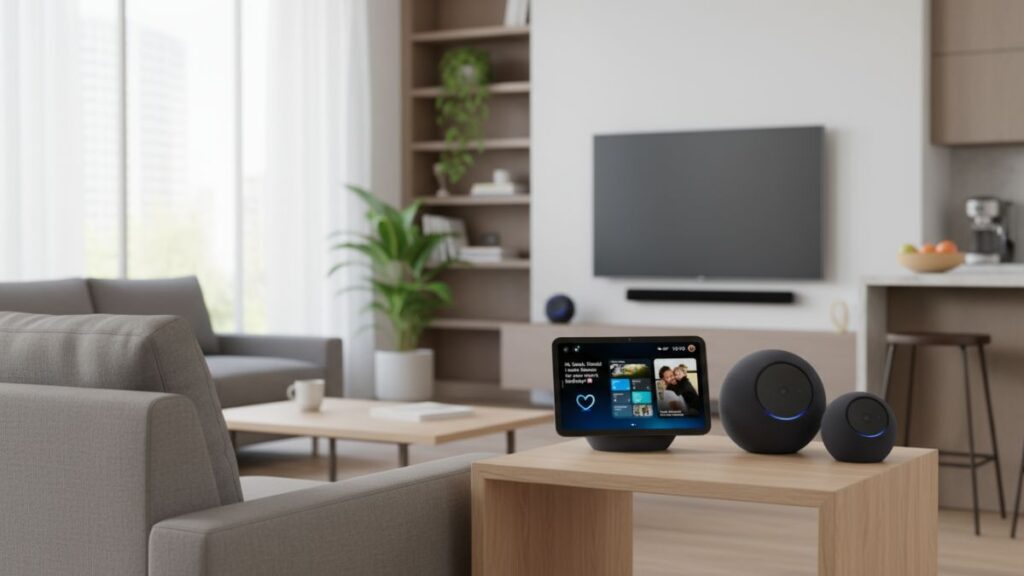This month, HP held its first “Imagine” event, which did a really nice job of positioning innovative products against difficult-to-solve problems. One of those problems is the high speed at which technological advancements are coming and the amount of electronic waste this industry is generating.
In that segment, HP leads in sustainability, but much of that work is around HP’s printers, not its PCs. That is about to change with a new service called HP Renew Solutions, which was generated from deep data on how employees are using PCs. Renew Solutions is about cost-effectively provisioning employees with PCs using a refurbishing process that gives them a refurbished PC that is nearly indistinguishable from a new one. They will be properly provisioned at a reduced price and prevent the premature disposal of the hardware.
Dell had a much more advanced effort called “Concept Luna,” but Dell has not found a way to bring it to market. HP has moved ahead with Renew Solutions, effectively passing Dell to lead in PC sustainability. This shows that without execution, the best idea is only an idea, not a solution.
Let’s talk about HP Renew Solutions this week.
HP Renew Solutions
Dell’s Concept Luna focuses mostly on extremely innovative PC design and robotics and creates a lot of risk that large companies like Dell have trouble accepting. Why? Because due to extreme internal competition in companies of Dell’s scale, executives become risk averse which makes executing an innovative solution nearly impossible. HP Renew Services works with existing hardware, manufacturing, and refurbishing technologies.
But Renew Solutions doesn’t start with the hardware. It starts with collecting data on the employee to better understand what that employee needs to be productive. The idea here is that if you can determine which PC design and configuration will optimize the employee’s productivity at a granular level, you can better supply it and eliminate the waste of over-provisioning hardware they don’t need or hurting their productivity by under-provisioning an employee with unique needs.
While HP’s approach will also lead to eventual changes in PC design and reduce the cost of refurbishing, it doesn’t depend on this for the solution to work. In addition, the information captured on the employee could not only result in better PC selections but eventually also help identify employees who may be struggling in a work-from-home situation, who need different peripherals, or who drive automated support calls before the employee, or their manager, realizes they have a problem that needs to be addressed.
This data-first approach is also a building block for eventual AI implementation that will automate this process and could be used to better help PC and personal technology buyers in small to medium-sized businesses. This will allow companies to select new or refurbished PCs to best meet their personal or employee needs as well, and this capability has long been missing from PC purchase processes.
Since data sets and training are on the critical path to any AI implementation, this effort from HP should allow them to better meet customer needs at all customer sizes than their competitors while leading in sustainability. This sustainability leadership should also drive more customers to HP and create a potential perfect storm, allowing HP to move into a position of defensible dominance.
Wrapping Up
HP approaches the market very differently than its peers, who focus more on the product than the people. HP’s user-focused effort has the benefits of reducing customer cost and increasing customer (and its own) employee productivity while also reducing electronic waste. This is an effective trifecta of concepts, and it will lead to more innovative designs that are even more sustainable and set a foundation for an eventual AI tool that could not only help HP develop better-targeted products but also help buyers better pick the ideal PC and configuration they need. It will also provide an upgrade path when the user needs change and need more performance than they initially received.
It lays a foundation for a more affordable PC-as-a-service offering that would be enabled largely from the data that HP collects (with permission) on how employees use the hardware. Finally, this effort again showcases that when you put the customer at the center of a solution concept, you’ll gain more benefits than if you take the more typical path and focus on the technology to the exclusion of its users. In the end, HP’s Renew Solutions sets the bar on how to create a more sustainable PC offering.
Nicely done!
- The Ambient Brain: Why Amazon’s Alexa+ Is the AI We’ve Been Waiting For - October 4, 2025
- AMD’s Enterprise Haymaker: How the Cohere Deal Changes the AI Fight - September 26, 2025
- Unshackling IT: Why Third-Party Support Is a Strategic Imperative, Especially for AI - September 19, 2025




Comments are closed.